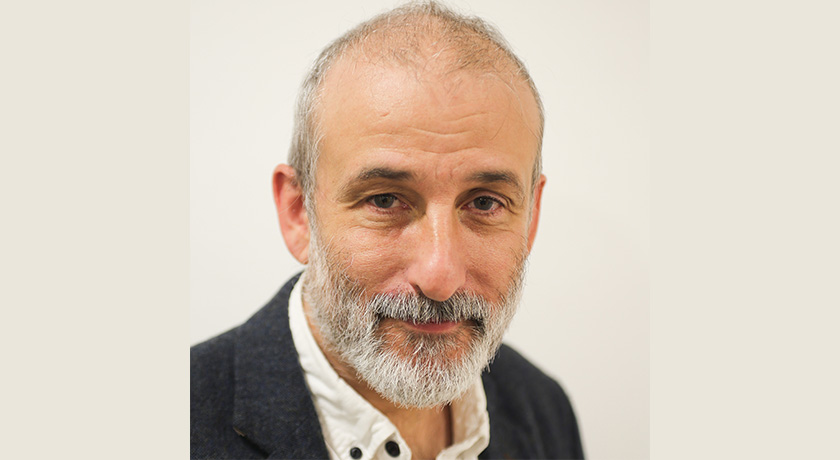 Steve Tomkins, Editor of Reform, the magazine of the United Reformed Church, has kept a new year’s resolution throughout 2018.
Steve Tomkins, Editor of Reform, the magazine of the United Reformed Church, has kept a new year’s resolution throughout 2018.
I am in the incredible position, for the first time in my life, of having kept a new year’s resolution from January through to December.
As I write that, in one half of my brain, trumpets sound, heralding my wondrous achievement; in the other, there’s an old puritan giving me a slow hand clap and saying: ‘Actually doing what you said you were going to do counts as a moral victory these days, does it?’
The puritans were big fans of the new year’s resolution. Jonathan Edwards, the 18th-century New England Congregational minister, used to look back at the end of each year, ask what he could have done better and try harder. At least, he resolved to do that every year, I assume he did.
Some of Edwards’ resolutions seem to come from another world: ‘To think much on all occasions of my own dying’. ‘When I feel pain, to think … of hell.’ Not to joke on Sunday.
Others seem much closer to home. ‘To live with all my might, while I do live.’ And how many of us will go into January echoing Edwards’ words, ‘to maintain the strictest temperance in eating and drinking’ – though he was perhaps less concerned about being beach-ready.
This one particularly struck me: ‘Never to suffer the least motions of anger to irrational beings.’ Again, I don’t suppose Edwards was thinking about his printer, smartphone or broadband connection, but he’s described one of my bad habits perfectly. Maybe that’s one for my new year.
That resolution that I kept in 2018 was to watch as many new films by female directors as male. I had looked back and counted 85% of the films I saw in 2017 were by men, which seemed a pity. As I write, the score is 42 all. It has been quite hard work simply finding that many films by women, but worth it for the tremendous things I’ve seen that I would have missed otherwise.
I know, Jonathan Edwards would not have been particularly impressed. I also haven’t spent much time thinking about hell, but maybe next year I will swear at my phone less. Every little counts.
Here’s one more thought from a man of yore, as we're looking back and forward. It’s one of those popular misquotations that are better than the original – or at least it’s ruthlessly edited, of which I heartily approve – from John Newton of Amazing Grace fame:
'I am not what I ought to be; I am not what I wish to be; I am not what I hope to be. Yet I can truly say I am not what I once was; and by the grace of God I am what I am.




